 Creative Commons Attribution 3.0 IGO license (CC BY 3.0 IGO)
Creative Commons Attribution 3.0 IGO license (CC BY 3.0 IGO)2015 Asian Development Bank
6 ADB Avenue, Mandaluyong City, 1550 Metro Manila, Philippines
Tel +63 2 632 4444; Fax +63 2 636 2444
www.adb.org; openaccess.adb.org
Some rights reserved. Published in 2015.
Printed in the Philippines.
ISBN 978-92-9254-973-2 (Print), 978-92-9254-974-9 (e-ISBN)
Publication Stock No. RPT157387
Cataloging-In-Publication Data
Asian Development Bank.
Gender equality results case studyIndia: Urban water supply and environmental improvement project.
Mandaluyong City, Philippines: Asian Development Bank, 2015.
1. Gender. 2. India. 3. Urban. I. Asian Development Bank.
The views expressed in this publication are those of the authors and do not necessarily reflect the views and policies of the Asian Development Bank (ADB) or its Board of Governors or the governments they represent.
ADB does not guarantee the accuracy of the data included in this publication and accepts no responsibility for any consequence of their use. The mention of specific companies or products of manufacturers does not imply that they are endorsed or recommended by ADB in preference to others of a similar nature that are not mentioned.
By making any designation of or reference to a particular territory or geographic area, or by using the term country in this document, ADB does not intend to make any judgments as to the legal or other status of any territory or area.
This work is available under the Creative Commons Attribution 3.0 IGO license (CC BY 3.0 IGO) https://creativecommons.org/licenses/by/3.0/igo/. By using the content of this publication, you agree to be bound by the terms of said license as well as the Terms of Use of the ADB Open Access Repository at openaccess.adb.org/termsofuse
This CC license does not apply to non-ADB copyright materials in this publication. If the material is attributed to another source, please contact the copyright owner or publisher of that source for permission to reproduce it. ADB cannot be held liable for any claims that arise as a result of your use of the material.
AttributionIn acknowledging ADB as the source, please be sure to include all of the following information:
Author. Year of publication. Title of the material. Asian Development Bank [and/or Publisher]. https://openaccess.adb.org. Available under a CC BY 3.0 IGO license.
TranslationsAny translations you create should carry the following disclaimer:
Originally published by the Asian Development Bank in English under the title [title] [Year of publication] Asian Development Bank. All rights reserved. The quality of this translation and its coherence with the original text is the sole responsibility of the [translator]. The English original of this work is the only official version.
AdaptationsAny translations you create should carry the following disclaimer:
This is an adaptation of an original Work Asian Development Bank [Year]. The views expressed here are those of the authors and do not necessarily reflect the views and policies of ADB or its Board of Governors or the governments they represent. ADB does not endorse this work or guarantee the accuracy of the data included in this publication and accepts no responsibility for any consequence of their use.
Please contact OARsupport@adb.org or publications@adb.org if you have questions or comments with respect to content, or if you wish to obtain copyright permission for your intended use that does not fall within these terms, or for permission to use the ADB logo.
Note: In this publication, $ refers to US dollars.
India: Urban Water Supply and Environmental Improvement Project
Summary
DEVELOPMENT AIMS AND IMPACTS. The Urban Water Supply and Environmental Improvement Project sought to provide basic services of water supply, sanitation, and garbage collection and disposal in four cities in Madhya Pradesh, India. Impacts include increased access to sustainable water supply and enhanced sanitation infrastructure in these four cities. Over 5.6 million people benefited from improved water supply, while half a million people benefited from an improved wastewater management system and 4.7 million people benefited from an improved solid waste management system. These changes positively impacted the lives of the local community, in particular women and girls, who are primarily responsible for water management. The active participation of women was encouraged and supported, and over 70% of the members of the community group committees (CGCs) were women. The CGCs were responsible for coordinating and overseeing the initiatives concerning water supply and sanitation, and they continue to operate even after the completion of the project, liaising with local government officials. Women built on skills developed during the social mobilization initiatives and other project activities to ensure improved income generation, with many of them continuing to be active leaders at the community level.
ADB PROCESSES AND MANAGEMENT TOOLS. The project design included a gender action plan. A gender manual was developed to guide the integration of gender in the project. Special measures were taken to ensure womens participation in community-driven planning and decision making. Targets for participation of women in community-based organizations or CGCs were closely monitored, and variations were followed up by both the nongovernment organizationsresponsible for organizing, mobilizing, and capacity building of CGCsand the project staff. The project also partnered with other organizations with capacities related to gender equality that helped in the initial gender analysis of the water and sanitation sector.
Main Aims and Approaches of the Project
The Urban Water Supply and Environmental Improvement Project (UWSEIMP or Project UDAY) was designed to rehabilitate and expand the urban water supply systems and improve the wastewater collection and treatment systems in four cities of Madhya Pradesh: Bhopal, Gwalior, Indore, and Jabalpur.
The primary objectives of the project were to
promote sustainable growth and ensure poverty reduction in the four project cities;


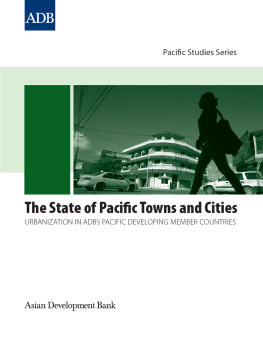
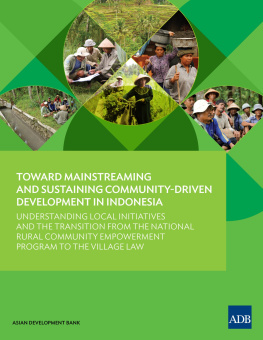
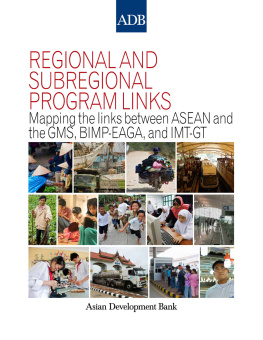
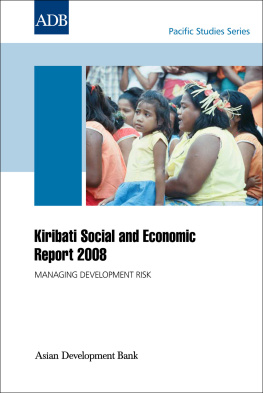
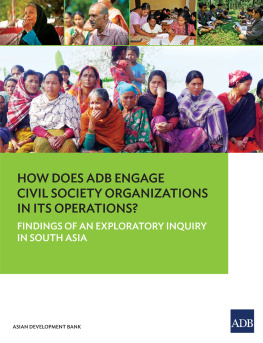
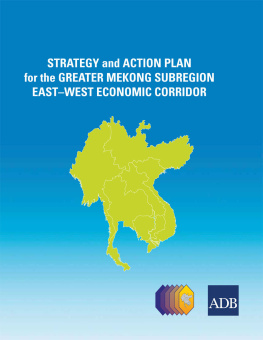
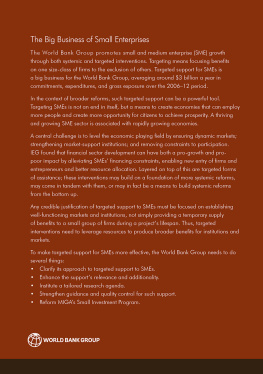
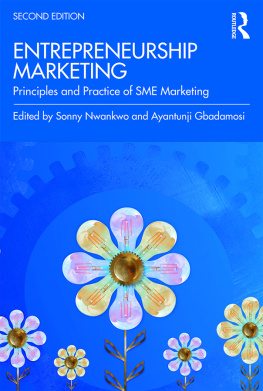
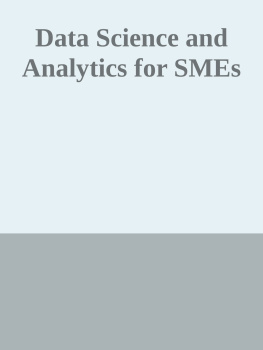

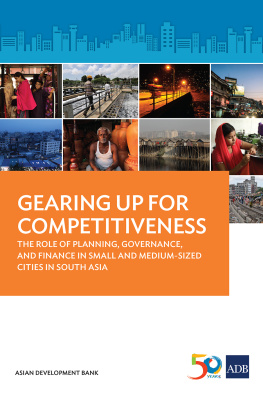
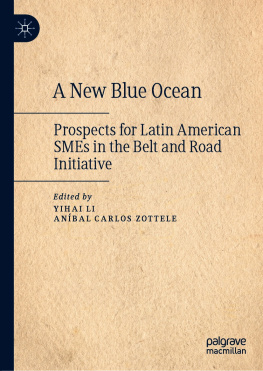
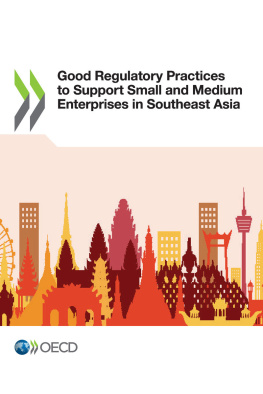
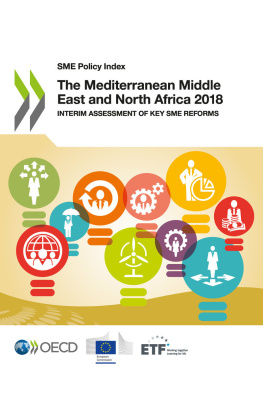
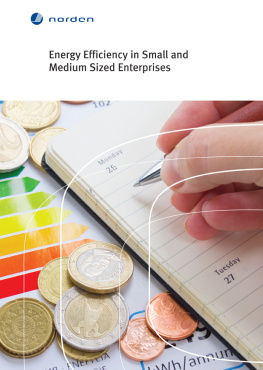
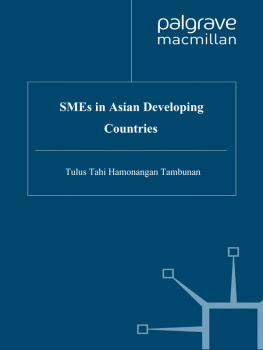


 Creative Commons Attribution 3.0 IGO license (CC BY 3.0 IGO)
Creative Commons Attribution 3.0 IGO license (CC BY 3.0 IGO)